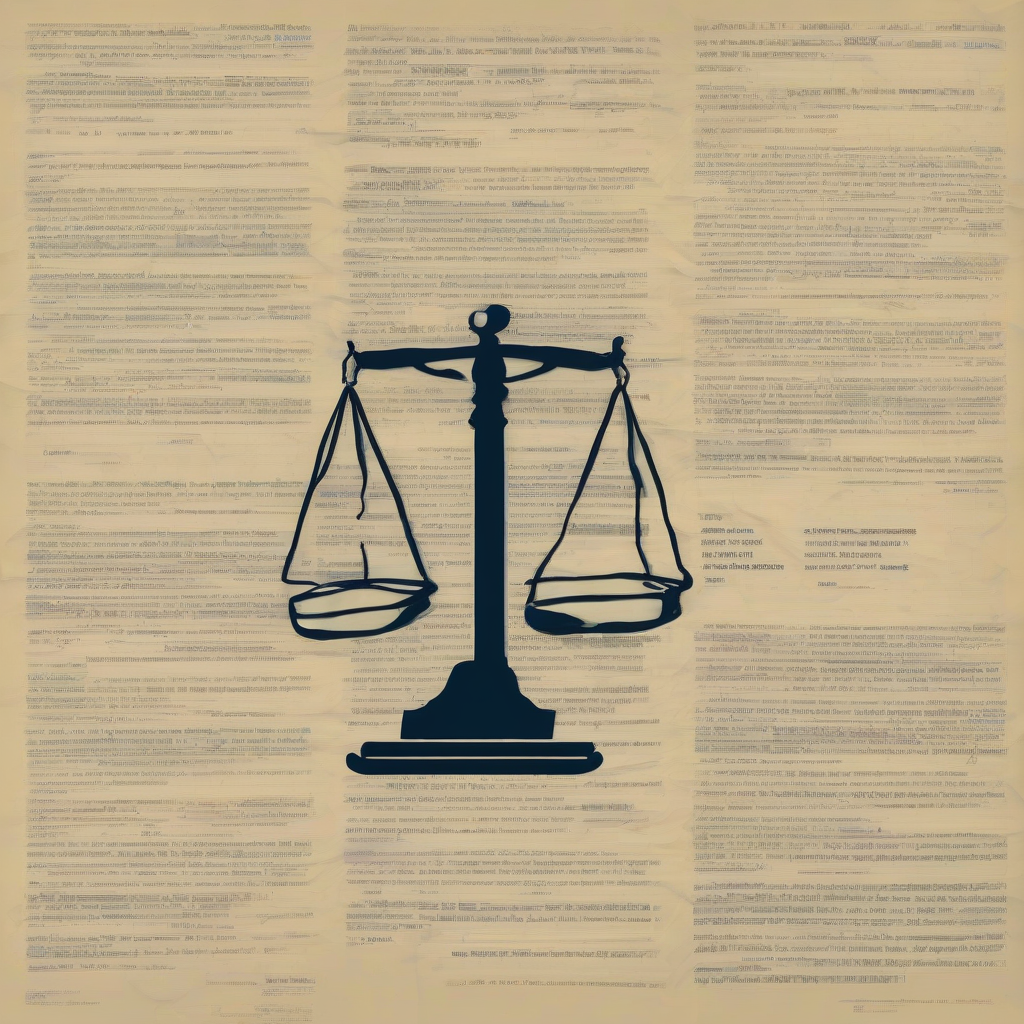Master of Financial Accounting: A Comprehensive Guide

Master of Financial Accounting: A Comprehensive Guide
A Master of Financial Accounting (MFA) is a graduate degree that equips students with advanced knowledge and skills in financial accounting principles, practices, and techniques. This degree program is designed for individuals seeking to advance their careers in accounting, finance, and related fields.
Why Pursue a Master of Financial Accounting?
- Enhanced Career Opportunities: An MFA can significantly enhance career prospects, opening doors to higher-level positions such as senior accountant, financial analyst, controller, and CFO.
- Higher Earning Potential: Individuals with an MFA typically earn a higher salary compared to those with only a bachelor's degree in accounting.
- Advanced Skills and Knowledge: The program provides in-depth knowledge of advanced accounting concepts, including financial reporting, auditing, taxation, and financial analysis.
- Professional Certification Preparation: An MFA often prepares students for professional accounting certifications such as the Certified Public Accountant (CPA) or the Chartered Financial Analyst (CFA).
- Networking Opportunities: MFA programs offer valuable networking opportunities with industry professionals, faculty, and fellow students.
- Increased Competitive Advantage: In today's competitive job market, an MFA demonstrates a commitment to professional development and sets candidates apart from others.
Curriculum and Coursework
The curriculum for an MFA program typically covers a wide range of topics, including:
- Financial Accounting: Advanced financial reporting standards, consolidation methods, and accounting for complex transactions.
- Auditing: Auditing principles, procedures, and standards, including internal and external audits.
- Taxation: Federal and state income tax laws, accounting for taxes, and tax planning strategies.
- Financial Analysis and Valuation: Financial statement analysis, valuation techniques, and investment decision-making.
- Management Accounting: Cost accounting, budgeting, performance analysis, and decision-making tools.
- Ethics and Professionalism: Ethical considerations in accounting practice, professional standards, and regulatory compliance.
- Advanced Topics: Specialized topics such as international financial reporting, forensic accounting, or data analytics in accounting.
Admission Requirements
Admission requirements for MFA programs vary depending on the institution. However, common requirements typically include:
- Bachelor's Degree: A bachelor's degree in accounting or a related field is typically required.
- GPA: A minimum GPA, usually 3.0 or higher, is often required for admission.
- GMAT or GRE: Some programs may require applicants to take the Graduate Management Admission Test (GMAT) or the Graduate Record Examination (GRE).
- Letters of Recommendation: Two or three letters of recommendation from academic or professional references.
- Statement of Purpose: A written essay outlining the applicant's career goals, motivation for pursuing the degree, and relevant experience.
- Resume: A resume outlining the applicant's professional and academic experience.
- Financial Aid and Scholarships: Many MFA programs offer financial aid and scholarships to eligible students.
Career Paths and Job Prospects
An MFA opens up a wide range of career paths in various industries, including:
- Public Accounting: Certified Public Accountant (CPA), auditor, tax accountant, forensic accountant.
- Corporate Finance: Financial analyst, controller, CFO, treasurer.
- Investment Banking: Investment banker, financial analyst, portfolio manager.
- Government and Non-Profit: Accountant, budget analyst, financial manager.
- Academia: Professor, lecturer, researcher.
Benefits of Earning an MFA
Earning an MFA provides numerous benefits, including:
- Increased Earning Potential: MFA graduates typically command higher salaries compared to those with only a bachelor's degree.
- Career Advancement Opportunities: The advanced skills and knowledge acquired through an MFA program open doors to leadership roles and management positions.
- Professional Networking: MFA programs offer opportunities to connect with industry professionals, alumni, and fellow students, expanding professional networks.
- Enhanced Job Security: In a competitive job market, an MFA can provide a significant advantage and enhance job security.
- Greater Flexibility: The skills and knowledge gained through an MFA are applicable to various industries and career paths, providing greater flexibility and career adaptability.
Choosing the Right MFA Program
When choosing an MFA program, it's important to consider factors such as:
- Program Reputation: Look for programs with strong reputations and accreditation from recognized organizations.
- Faculty Expertise: Ensure that the faculty members have extensive experience and expertise in the field of financial accounting.
- Curriculum and Course Offerings: Assess the program curriculum to ensure it aligns with your career goals and interests.
- Career Services: Look for programs that offer strong career services, including internships, job placement assistance, and networking opportunities.
- Location: Consider the location of the program and its proximity to potential employers.
- Program Flexibility: Evaluate the program's flexibility in terms of course scheduling and delivery options, such as online or hybrid formats.
- Program Cost: Compare tuition costs, fees, and financial aid options across different programs.
Conclusion
A Master of Financial Accounting (MFA) is a valuable investment for individuals seeking to advance their careers in accounting, finance, and related fields. The program provides a comprehensive understanding of financial accounting principles, practices, and techniques, equipping graduates with the skills and knowledge necessary for success in today's competitive job market.
What's Your Reaction?

















